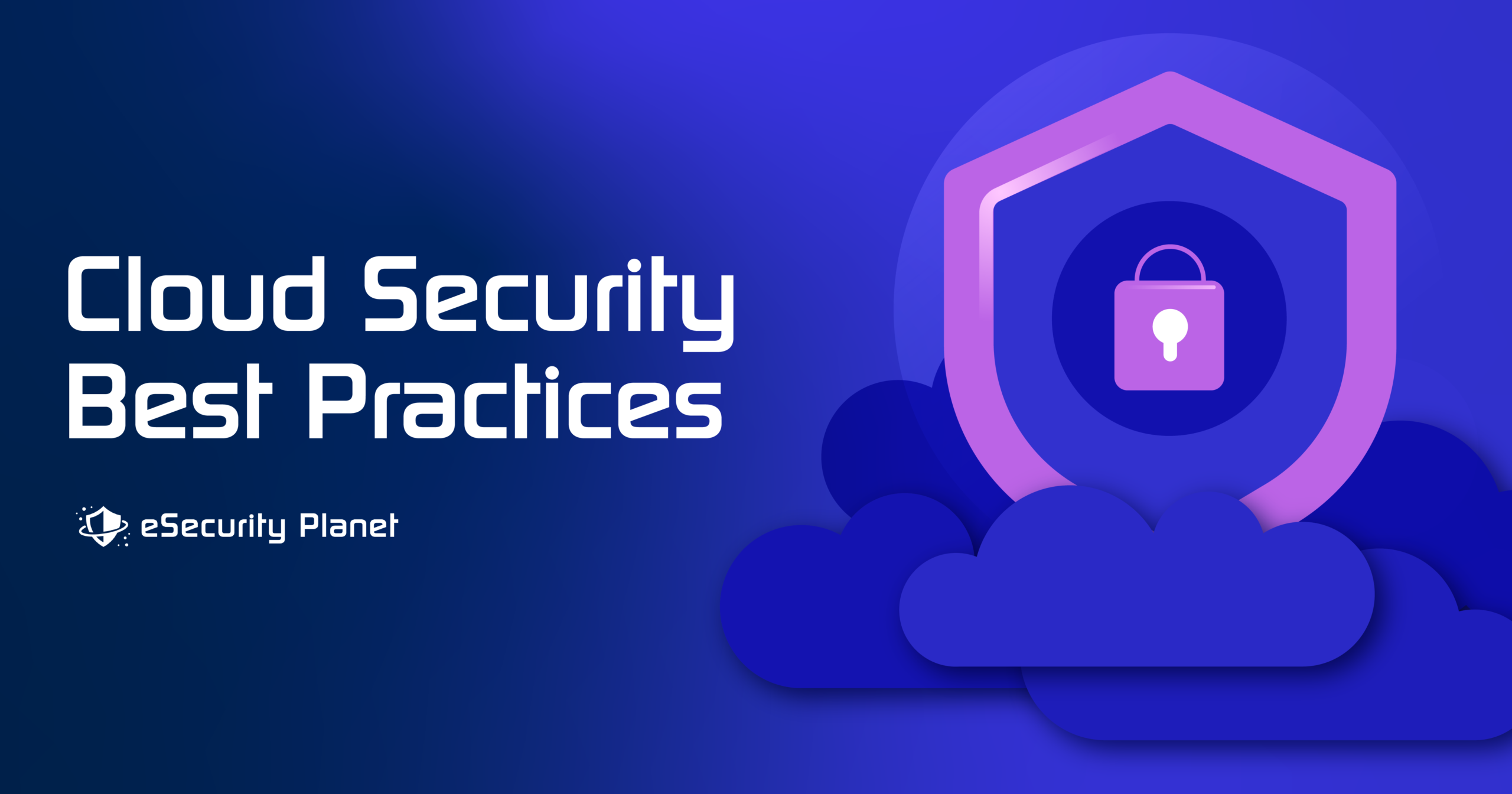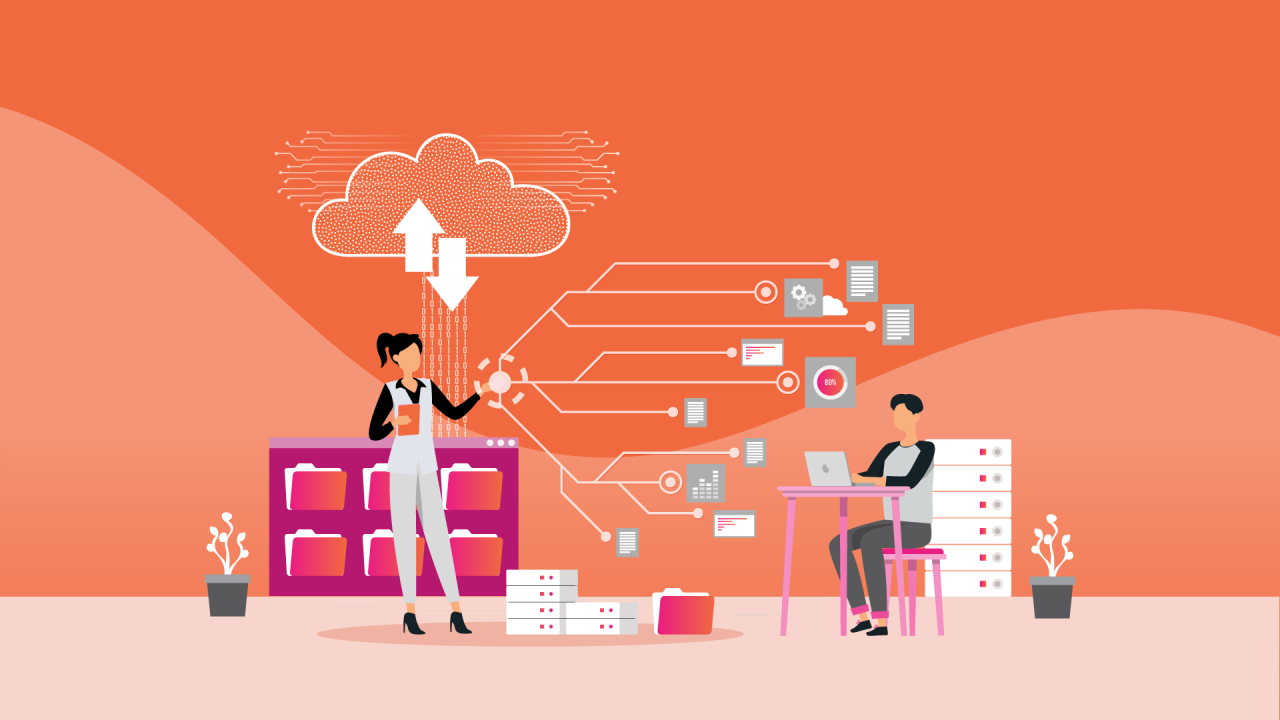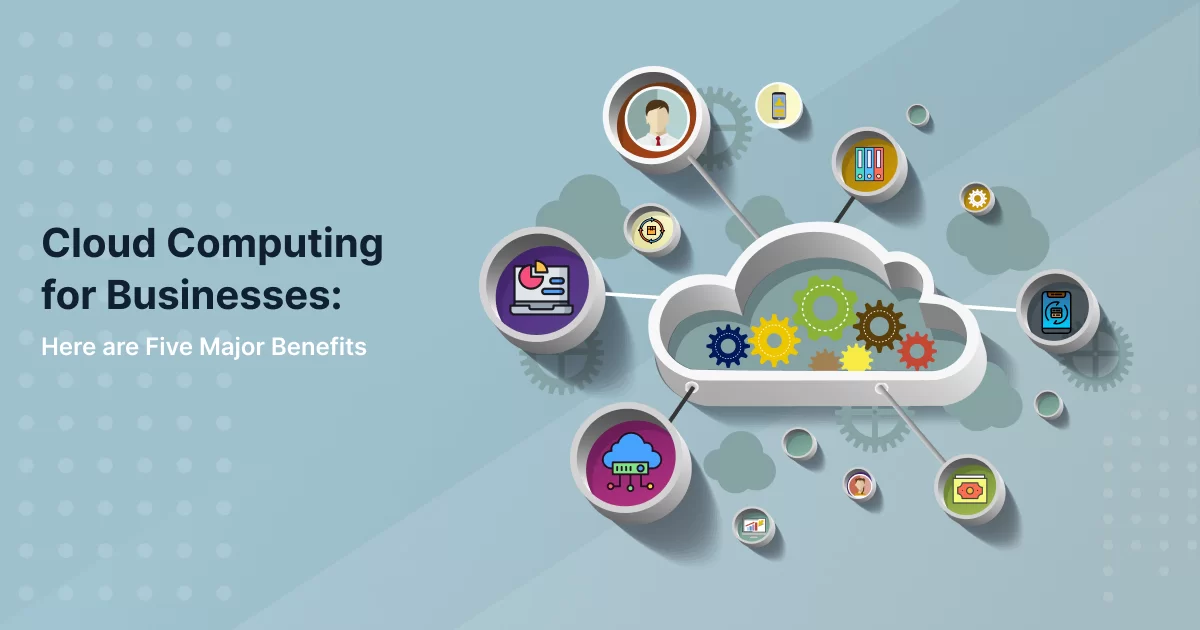Cloud Computing in Retail: Transforming the Shopping Experience
Advertisment
Cloud Computing in Retail: Transforming the Shopping Experience
Cloud Computing is significantly changing the retail landscape by providing innovative solutions that enhance customer experiences, streamline operations, and improve inventory management. As retailers increasingly adopt cloud technologies, they can adapt to market changes, optimize their supply chains, and deliver personalized shopping experiences. This article explores the benefits, applications, challenges, and best practices of Cloud Computing in the retail sector.
1. Understanding Cloud Computing in Retail
1.1. Definition of Cloud Computing
Cloud Computing refers to the delivery of computing services—including storage, processing power, and applications—over the internet. This model allows retailers to access resources on-demand, offering flexibility and scalability to meet their evolving needs.
1.2. Importance for Retailers
In the retail sector, Cloud Computing plays a critical role in managing customer data, inventory, and sales processes. By utilizing cloud-based solutions, retailers can optimize their operations, enhance customer engagement, and improve overall business performance.
Keywords: Cloud Computing, retail, shopping experience
2. Benefits of Cloud Computing in Retail
2.1. Enhanced Customer Experience
Cloud technologies enable retailers to deliver personalized shopping experiences through data analysis and customer insights. By understanding customer preferences and behaviors, retailers can tailor their marketing efforts and product offerings.
2.2. Scalability
Cloud solutions provide the flexibility to scale resources up or down based on demand. Retailers can easily adjust their IT infrastructure to accommodate seasonal fluctuations, promotional events, or changes in consumer behavior.
2.3. Improved Inventory Management
Cloud-based inventory management systems allow retailers to track stock levels in real-time, minimizing the risk of overstocking or stockouts. This leads to more efficient supply chain operations and better customer satisfaction.
2.4. Cost Savings
Adopting Cloud Computing reduces the costs associated with maintaining on-premises hardware and software. Retailers can operate on a pay-as-you-go model, allowing them to allocate resources more effectively and invest in customer-centric initiatives.
Keywords: customer experience, scalability, inventory management, cost savings
3. Key Applications of Cloud Computing in Retail
3.1. E-Commerce Platforms
Cloud-based e-commerce solutions (e.g., Shopify, WooCommerce) provide retailers with the tools to create and manage online stores easily. These platforms often include payment processing, inventory management, and marketing features.
3.2. Customer Relationship Management (CRM)
Cloud-based CRM systems (e.g., Salesforce, HubSpot) enable retailers to manage customer interactions effectively. These tools help track customer preferences, facilitate targeted marketing campaigns, and enhance customer service.
3.3. Data Analytics
Cloud-based analytics tools allow retailers to analyze sales data, customer behavior, and market trends. This analysis supports data-driven decision-making, helping retailers optimize their strategies and improve profitability.
3.4. Supply Chain Management
Cloud solutions improve supply chain visibility and collaboration among retailers, suppliers, and logistics providers. By leveraging real-time data, retailers can make informed decisions and respond quickly to changes in demand.
Keywords: e-commerce platforms, CRM, data analytics, supply chain management
4. Challenges of Cloud Computing in Retail
4.1. Data Security Concerns
Retailers handle vast amounts of sensitive customer information, making data security a critical issue. Ensuring compliance with regulations such as GDPR requires careful selection of cloud providers and strong security protocols.
4.2. Integration with Legacy Systems
Many retailers rely on legacy systems that may not easily integrate with cloud solutions. Developing a clear integration strategy is crucial for a successful transition to cloud-based services.
4.3. Internet Reliability
Cloud services depend on stable internet connectivity. In areas with poor connectivity, retailers may experience disruptions that could impact operations and customer experiences.
Keywords: data security, integration challenges, internet reliability
5. Best Practices for Implementing Cloud Computing in Retail
5.1. Conduct a Needs Assessment
Before adopting cloud solutions, retailers should assess their specific needs and goals. This evaluation will help identify which cloud services align best with their operational objectives.
5.2. Choose a Reliable Cloud Provider
Selecting a reputable cloud provider with experience in the retail sector is crucial. Retailers should evaluate providers based on their security measures, compliance capabilities, and customer support.
5.3. Prioritize Staff Training
Providing training for staff on cloud technologies is essential for successful implementation. Educated employees can leverage cloud tools effectively and contribute to improved operational efficiency.
5.4. Implement Strong Security Measures
Retailers must prioritize data security by implementing encryption, access controls, and regular security audits. These measures are vital for protecting sensitive customer information and maintaining trust.
Keywords: needs assessment, reliable provider, staff training, security measures
6. Conclusion
Cloud Computing is transforming the retail industry by enhancing customer experiences, improving operational efficiency, and enabling data-driven decision-making. By embracing cloud technologies, retailers can optimize their operations and deliver personalized shopping experiences that drive customer loyalty. Understanding the challenges and implementing best practices will enable organizations to leverage Cloud Computing effectively in the retail sector.
Advertisment








Post Comment